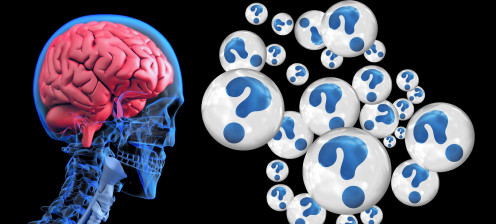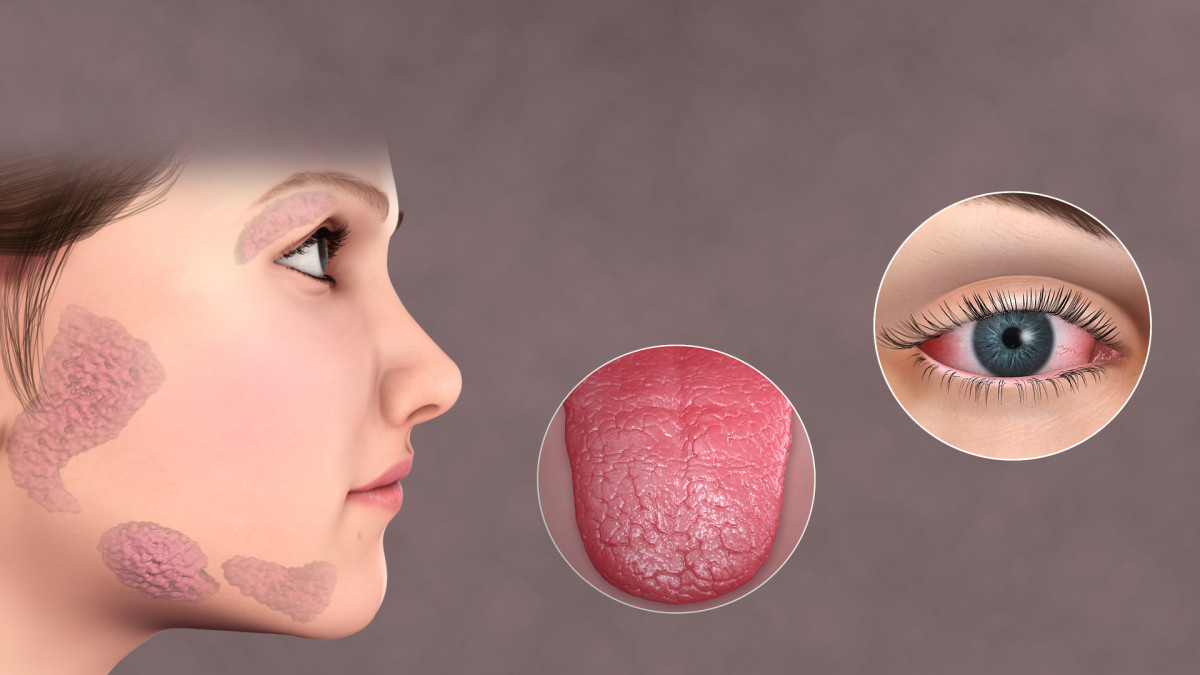The Multiple Sclerosis Question

The MS Question
So what is this multiple sclerosis question? It is the same as it’s always been. It’s not just one question however but an ongoing series of questions as diverse as those asking the questions. What is this disease and how did I get it? Is Multiple Sclerosis contagious? Will I die from it? If I must live with this disease how can I do that? Will I have to quit my job or stop my activities? Can multiple sclerosis be cured? Is there anything I can do, or are there any medicines that I can take to ease my symptoms? The above common list of questions and concerns is the multiple sclerosis question in synopsis. It’s the same basic list of questions for almost every condition or disease.
What is Multiple Sclerosis?
Multiple Sclerosis (MS) is a neurological or central nervous system disorder that exhibits abnormalities in the brain and spinal cord. MS is often referred to as an auto immune disease because it attacks its own healthy nerves, such as the myelin sheath that protects many of the nerves in the brain and spinal cord. When there is an abnormality present in the brain or spinal cord the myelin sheath that protects the nerves begins to deteriorate and unpredictable problems and symptoms can occur throughout the body.
A simple word pictorial explanation is of a nerve with damaged or faulty myelin sheath protection likened to a basic electrical wire without insulation, sparking and shorting out. When the myelin sheath or pictorial wire example shorts out, nerve signals to various parts of the body are delayed, interrupted or halted indefinitely depending on the severity of the damage.
What Are The Symptoms of Multiple Sclerosis?
Multiple Sclerosis is a disease that continues to baffle the medical community and the people who find themselves being diagnosed with it. Multiple Sclerosis can present itself in a variety of unhealthy and disturbing physical and mental conditions and are often different from one person to the next. Symptoms run the gamut, being unpredictable, showing up intermittently and can linger and become permanent. One of the most common complaints from those who have multiple sclerosis is physical fatigue. Being just “too tired” to do simple household, personal care or other tasks is frequently heard by doctors and shared with family, friends and in MS support groups worldwide.
- Mild light-headedness to chronic dizziness is another symptom that can be both bothersome and of serious concern while driving or performing other activities that require balance or a steady equilibrium. Not driving during these times if one is experiencing any dizziness is a decision many have had to make for obvious safety reasons.
- Temporary blindness or other eye conditions can be sporadic, coming and going. One can see very well one day and be plagued with extreme blurriness or total blindness the next;only to experience a total restoration of clear sight within a few days or weeks.
- An often frustrating symptom is the sudden inability to grip objects or successfully hold onto them like trying to pick up and hold a pen to write with or attempting to use a screwdriver or other common household tool to complete a task and a sudden trembling and/or weakness of the hand occurs preventing it.
- Paralysis is considered to be a rare symptom that prevents walking, but walking with a pronounced wobble or unsteady gait is common; as is periodic limb weakness.
- Cognitive dysfunction or issues with the mental processes are another disturbing and frustrating symptom that can make focusing difficult. It can also cause a marked slow down of the thinking processes. Episodes of confusion about one’s whereabouts or uncertainties about any number of simple things that others take for granted can occur without warning.
Relapses
Relapses are a re-occurrence of MS symptoms or new symptoms not previously experienced. They can occur suddenly after long periods of time with little or no symptoms. Relapses can occur in any part of the body, showing up as any symptom or limitation. The symptoms can be short-lived or can linger longer and even become permanent. Relapses can be stress related, but often no clue or evidence exists as to why a relapse occurred.
Treatments and Therapies
There are a number of different drug and alternative therapies available that treat multiple sclerosis. Treatments and therapies exist and are promoted with the primary goal of slowing down the progression of MS and reducing relapses. The secondary goal offers a lessening of the effects and symptoms of MS, thereby making one’s life less complicated, less stressful and more enjoyable. Physicians usually recommend a drug therapy that he or she believes would be compatible with the patient’s lifestyle or one that would most likely address the specific symptoms the patient is currently experiencing. Drug treatments commonly include infusions (given with a needle or catheter),injections and pills which are quickly becoming popular because of the no-fuss convenience.
Alternative therapies are another avenue in seeking treatment for multiple sclerosis. Alternative Therapies though still struggling to be acknowledged in the Western world are not to be scoffed at. Many have been around for thousands of years and have been passed down and are still in use today because of their continued effectiveness.
Therapies that address and treat multiple sclerosis are many and varied. There are radical, specialized diets by disease or blood type, Herbal Medicine, Homeopathic Medicine, bee venom therapy (Apitherapy), intensive exercise in water or on horseback (Hippotherapy. The list is exhaustive, but often the best of these therapies are those that combine therapies with traditional medicine. These therapeutic collaborations are called CAM (Complimentary and Alternative Medicine).
MS Questions and Answers
How did I get this disease?
While continual research, broad and specific is done on multiple sclerosis around the world, it’s difficult to get any two researchers to agree on just how anyone gets multiple sclerosis.
Is Multiple Sclerosis contagious?
Multiple Sclerosis is not contagious but siblings and other close family members are increasing found to also have the disease. So of course that begs the question, is multiple sclerosis genetic? Researchers are very cautiously silent right now as to whether Multiple Sclerosis has genetic markers.
Will I die from Multiple Sclerosis?
It doesn’t appear that anyone dies directly from multiple sclerosis, but rather from the side effects or symptoms of the disease.
Can Multiple Sclerosis Be Cured?
There is currently no known cure for multiple sclerosis.
Will I have to quit my job or stop all other activities?
Each individual with multiple sclerosis is unique. Many individuals with MS continue to work for years with no problems. Others may have to reduce their work schedule as well as limit activities.
What You Need To Know About Multiple Sclerosis
Help When You Need It
A diagnosis of multiple sclerosis isn’t a death sentence. Countless individuals live successful lives despite having multiple sclerosis. MS may seem like a dark unconquerable enemy but consider the abundance of resources available today to help effectively arm anyone with multiple sclerosis for a battle that they can win.
Because multiple sclerosis effects people worldwide, there are multiple sclerosis organizations, chapters and support groups around the world. No one with MS needs to feel like they’re fighting a battle alone. If you have multiple sclerosis, you can begin your fight by contacting one of these organizations.
In the United States:
National Multiple Sclerosis Society
733 Third Ave Avenue
New York, NY 10017
1-800-FIGHT-MS (344-4867)
Website:nationalMSsociety.org
*this organization has sister ties all over the world
Multiple Sclerosis Foundation
6520 North Andrews Avenue
Fort Lauderdale, Florida 33309
1-888-MSFOCUS
Email:support@msfocus.org
Multiple Sclerosis
Association of America
706 Haddonfield Road
Cherry Hill, NJ 08002
1-800-532-7667
MS Questions Email:
MSquestions@mymsaa.org
International:
Multiple Sclerosis
International Federation
3rd Floor Skyline House
200 Union Street
SE1 OLX London
United Kingdom
Telephone: +4 420 7620 1911
© Barb Johnson








